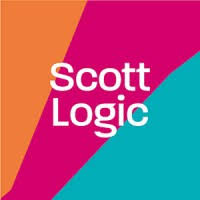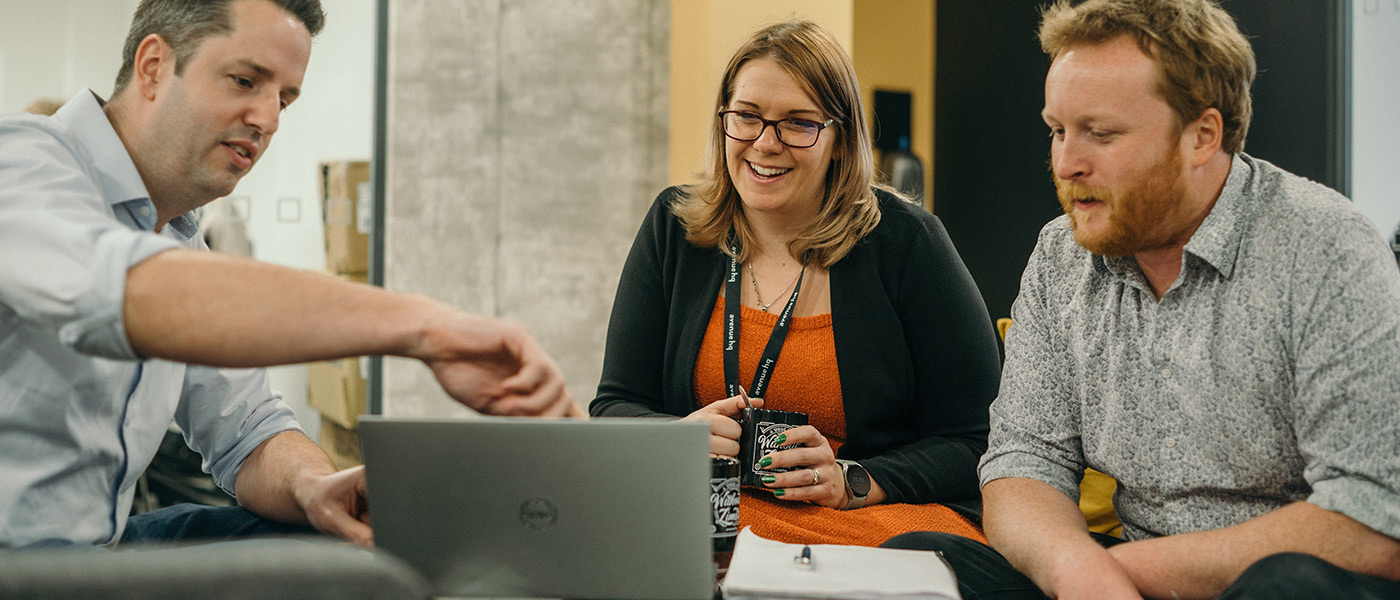Scott Logic
At Scott Logic, we design and build software that transforms the performance of some of the world’s biggest and most demanding organisations. From capital markets and commodities to complex public services, our consultants combine innovation, experience and pragmatism to deliver measurable results with every project.








prev
next